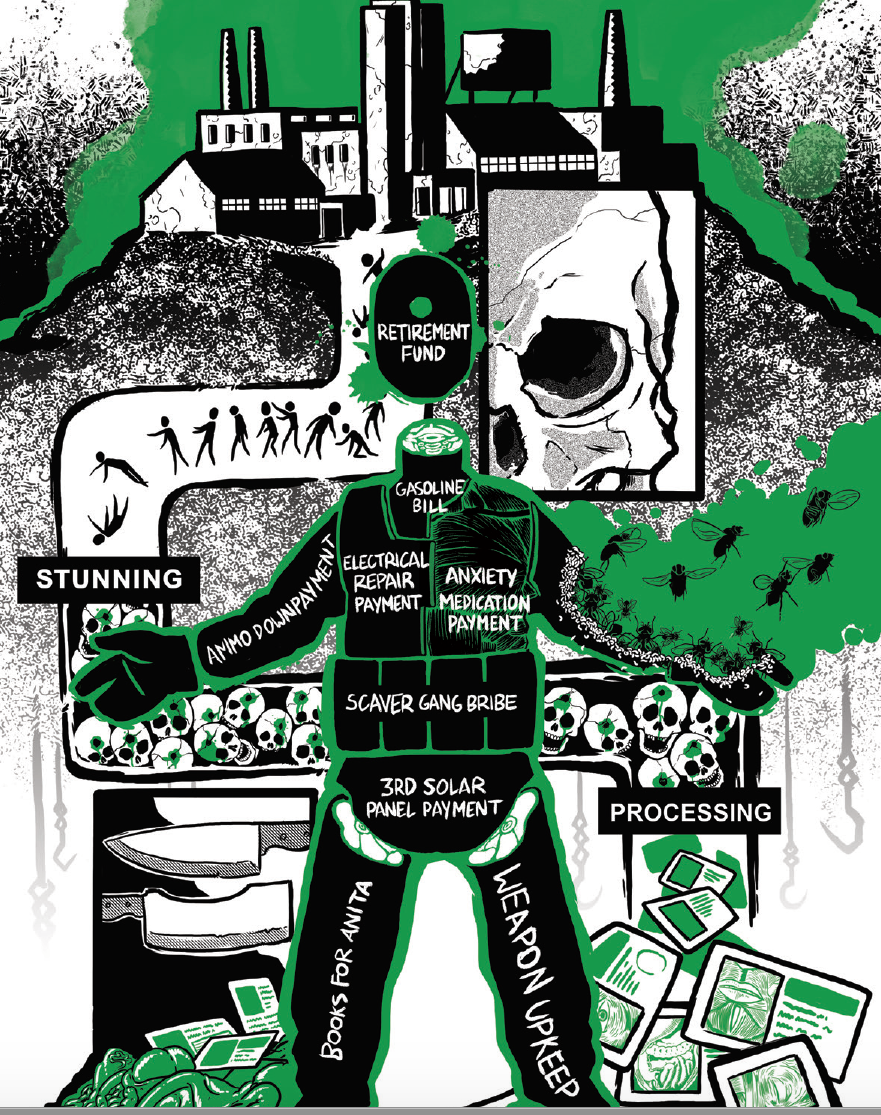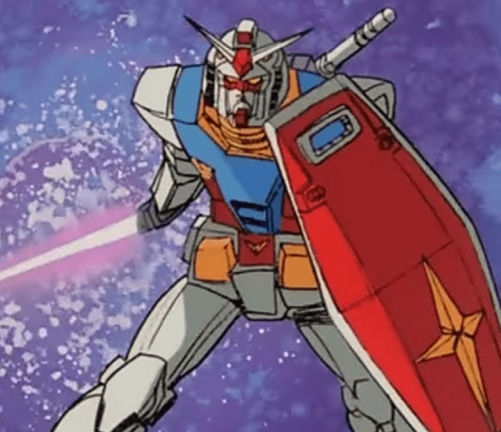Not a new revelation, but the article pulls from good sources and it’s nice to see this myth repudiated in a mainstream outlet.
Shauns video “dropping the bomb” does a good job at going over this as well, if ya’ve got 2 hours.
This article references the existence of lots of alternatives for ending the war but doesn’t identify any of them. Anyone know what other methods or paths specifically would have led to the war ending in just a few weeks and without an invasion of Japan, as mentioned in the article? Genuinely curious, not arguing the claim.
The Japanese were already negotiating to end the war. The sticking point was over the U.S. demand for unconditional surrender vs. the Japanese insistence on preserving their emperor in some form. The eventual surrender did keep the emperor, so the atomic bombs didn’t impact that issue.
Vaporizing 200,000 civilians over semantics
JK it was to show the Soviets we had the bomb and were willing to use it
Both completely deranged sentiments
Not to mention the fact that it would have been primarily soviets doing the land invasion, and the US didn’t want to get beaten to the punch twice in a row.
That whole narrative smacks of racism and cowardice
"We had to kill 200k civilians or else we would have had to invade the mainland and risk the lives of our soldiers, who are expected to risk their lives. White lives matter. Anyway they were fanatical, the women would have hurled themselves off of cliffs, dashed their babies against rocks and even the children would have taken up bayonets. How many of our boys would have died? 200,000?
Dan Carlin has a great episode on the historical context behind the decision and how it was really the culmination of a series of - in my opinion - bad calls with regards to the acceptability of collateral damage in bombing by the US.
If you’re TRULY interested in a deep and nuanced take on this topic, here’s a fantastic podcast on the topic that is MANY hours long. Personally, I don’t see any better alternatives to the bombs to end the war quickly or to spare lives. And, as Dan Carlin explains, the Japanese have only themselves to blame for the perceptions of their people about Americans and the perspectives of Americans about them.
https://www.dancarlin.com/product/hardcore-history-62-supernova-in-the-east-i/
If you’re truly interested in a deep and nuanced take on the topic, you’d read what actual historians (Carlin has often reiterated that he’s not one) have to say on the topic.
Carlin is a great host, don’t get me wrong. But just because he’s interesting to listen to doesn’t mean he’s always right, or that he should be taken more seriously than professionals.
I didn’t say anything to suggest that he should be taken any more seriously than professionals. The point of my comment was to give people the opportunity to listen to someone who collates the information professional historians have offered in a cohesive manner, in context, with nuance, and in a way that the host is candid in describing his shortcomings in relating or understanding the information.
I think this topic is important to understand fully, and I offered a way to obtain more information that might be easier to digest and more complete than perhaps other sources.
“We HAD to drop the nukes on innocent people bro, it’s nuanced.
Nuclear hellfire incinerating infants spared lives”
Holy shit lmfao
And, as Dan Carlin explains, the Japanese have only themselves to blame for the perceptions of their people about Americans and the perspectives of Americans about them.
The gratuity of dropping the bombs has very little to do with what you mention and much more to do with trying to minimize the influence of the Soviet Union. Rhetoric about “sparing lives” is vile historical revisionism.
Also the phrasing of “the Japanese” being at fault and not their fascist government and its supporters is, uh, not a good look, but that’s a tangential point.
Also the phrasing of “the Japanese” being at fault and not their fascist government and its supporters
This is an excellent thing to point out, and that was not the message I had hoped to convey. I was specifically referencing the Japanese government, not the general population of Japan. Thank you for pointing that out, and my apologies for not being more clear
Personally, I don’t see any better alternatives to the bombs to end the war quickly or to spare lives.
That puts you at odds with Curtis LeMay, who wanted to drop every bomb ever made. Even he said the atomic bombings weren’t necessary.
deleted by creator
I’ve listened to that podcast and Carlin’s previous one about the decision to drop the bomb. I don’t really recall Carlin saying that. Tbf Supernova in the East was massive so it’s possible I don’t remember the section you’re talking about.
This is how I remember his series on the Japanese involvement in WWII:
Carlin talked about the Japanese military leaving gruesome “messages” (through terribly mutilated corpses of American soldier) to Americans, which in turn led Americans to take fewer POWs and also ramp up the violence. Additionally, this led to fewer Americans units who may have otherwise surrendered as POWs to continue fighting even if it meant they would all die; they were terrified to be captured. The Japanese military also knew what effect this must have on the Americans, and as a result would refuse to surrender in fear of similar treatment / reprisal.
Japanese soldiers would report this back home to their families. Combined with the propaganda civilians received from their government and the stories from the front, many people believed that when the Americans landed in Japan, that the soldiers would eat their children. It was because of this sentiment it was believed that the Japanese populace would never surrender, and the fighting on the Japanese islands would require killing far more people as the invasion progressed northward.
It is to be noted I am not a historian, and I’m just someone who listened to a really long podcast a couple years ago. He’s more of an “historian” than I am, and he seemed pretty credible to me. I have done no other reading or research on the topic, and I probably shouldn’t have commented here to begin with.



